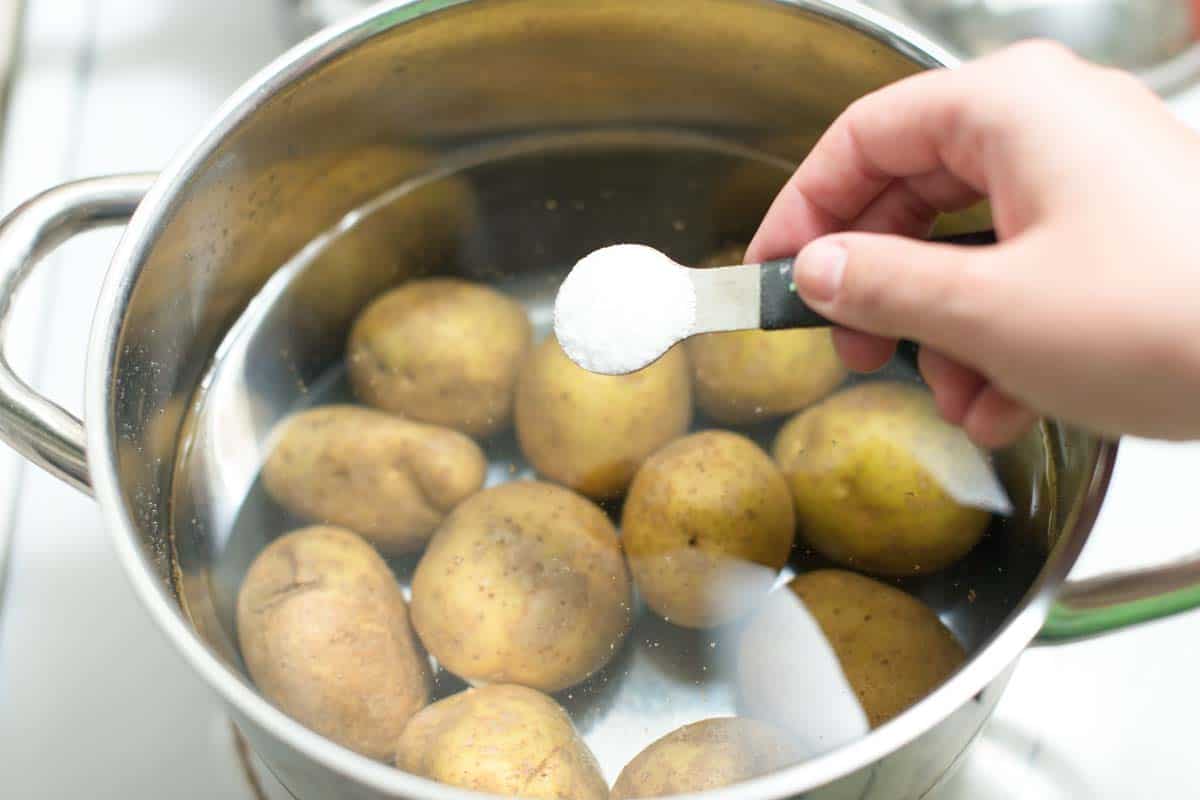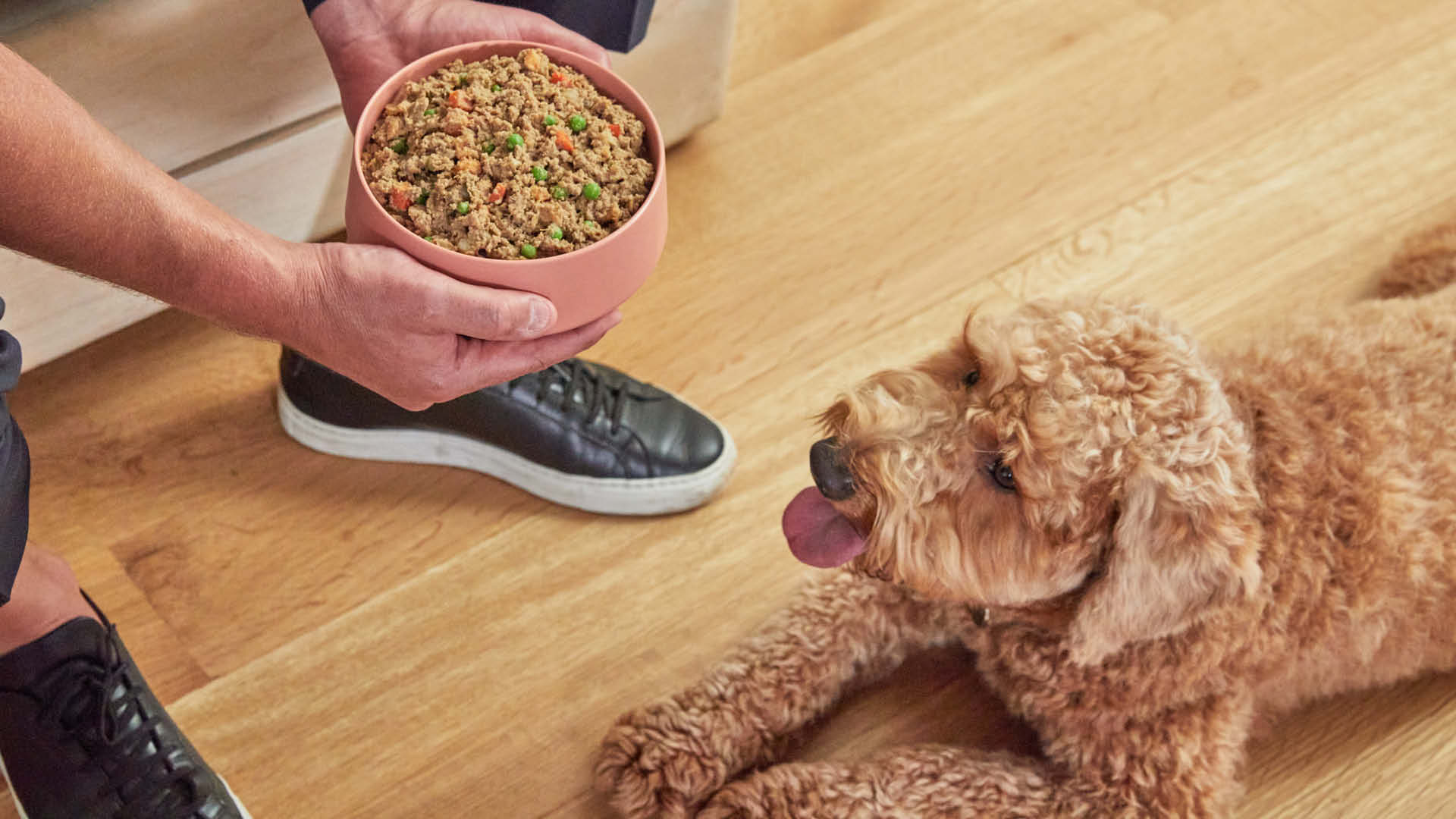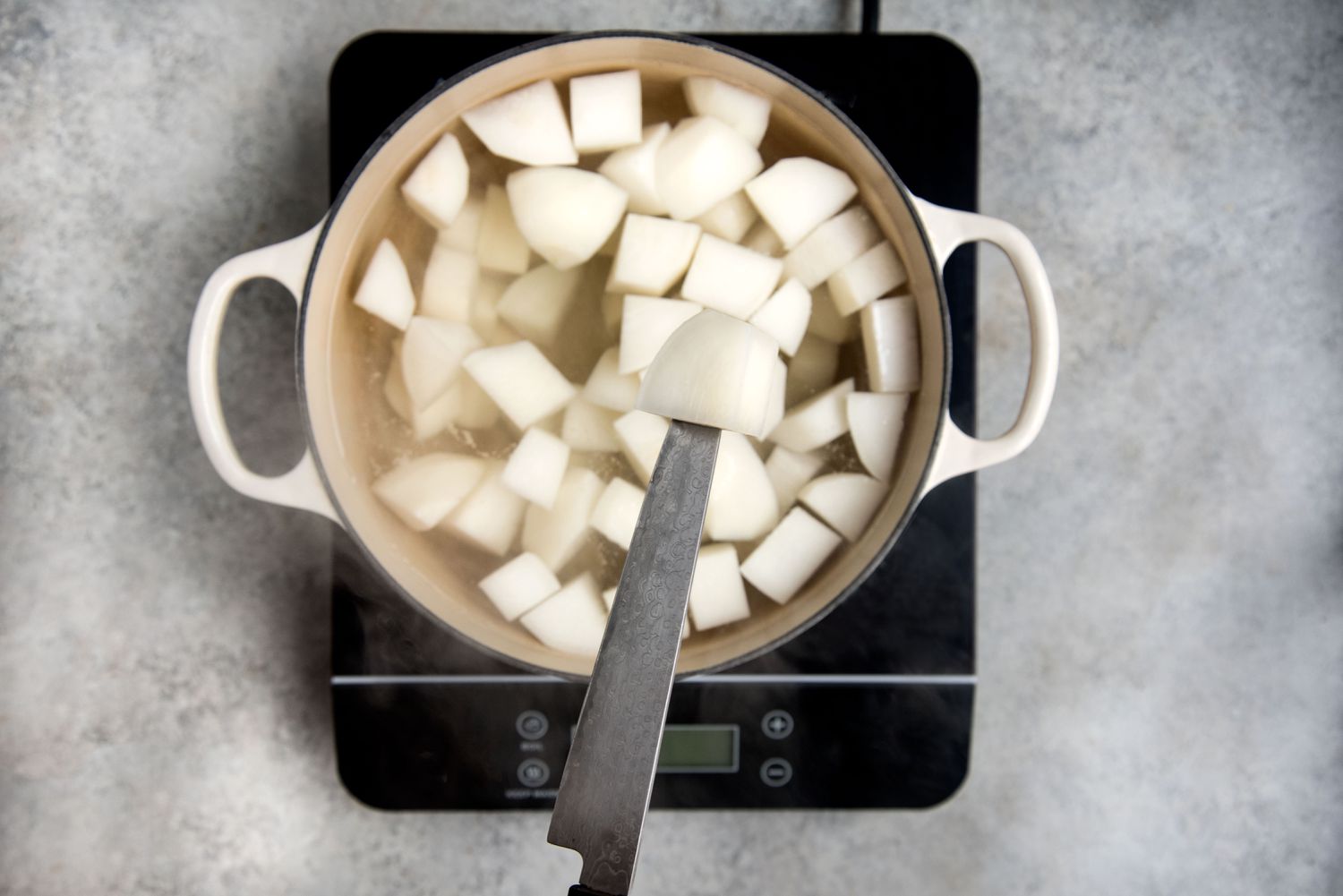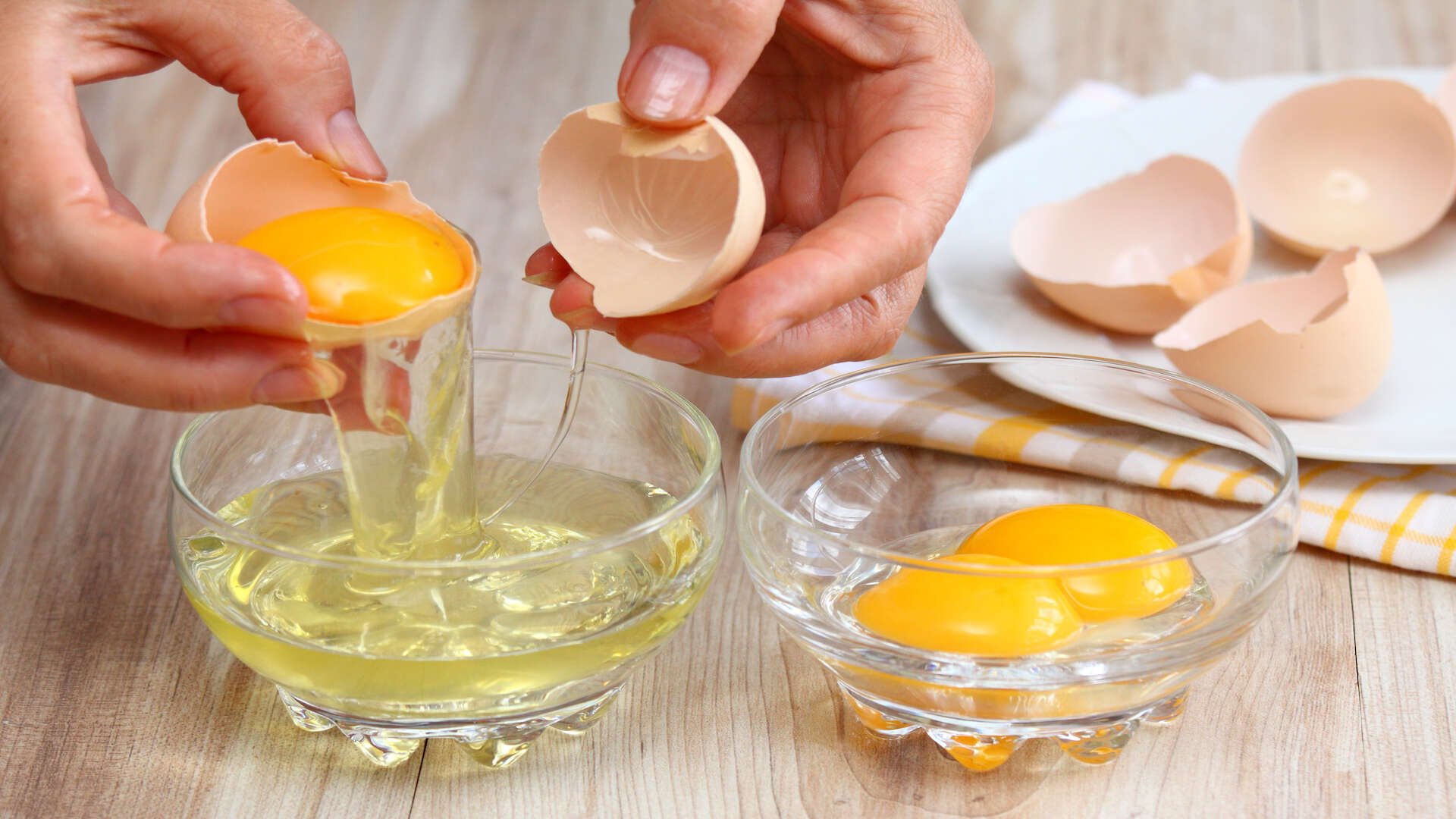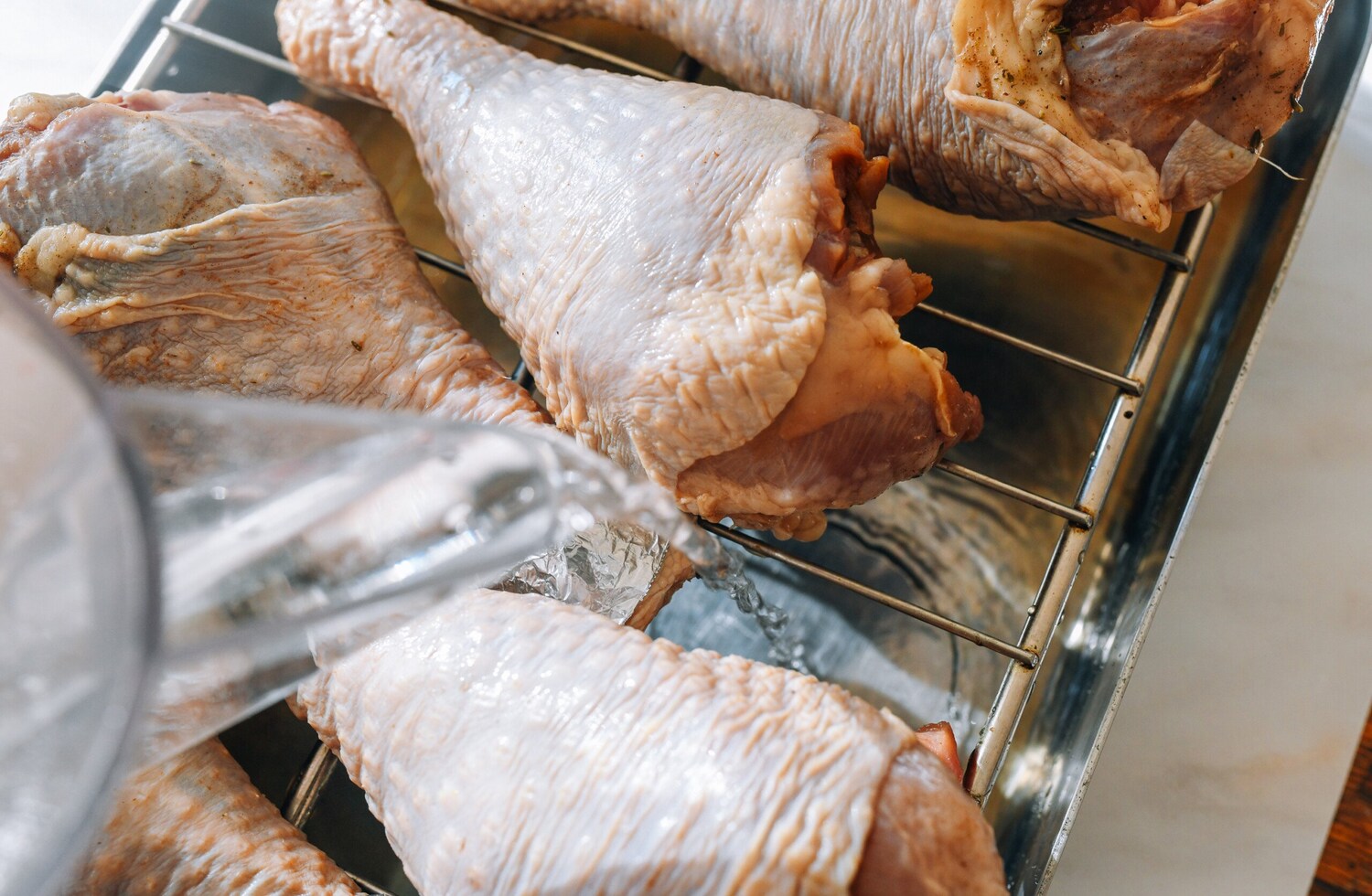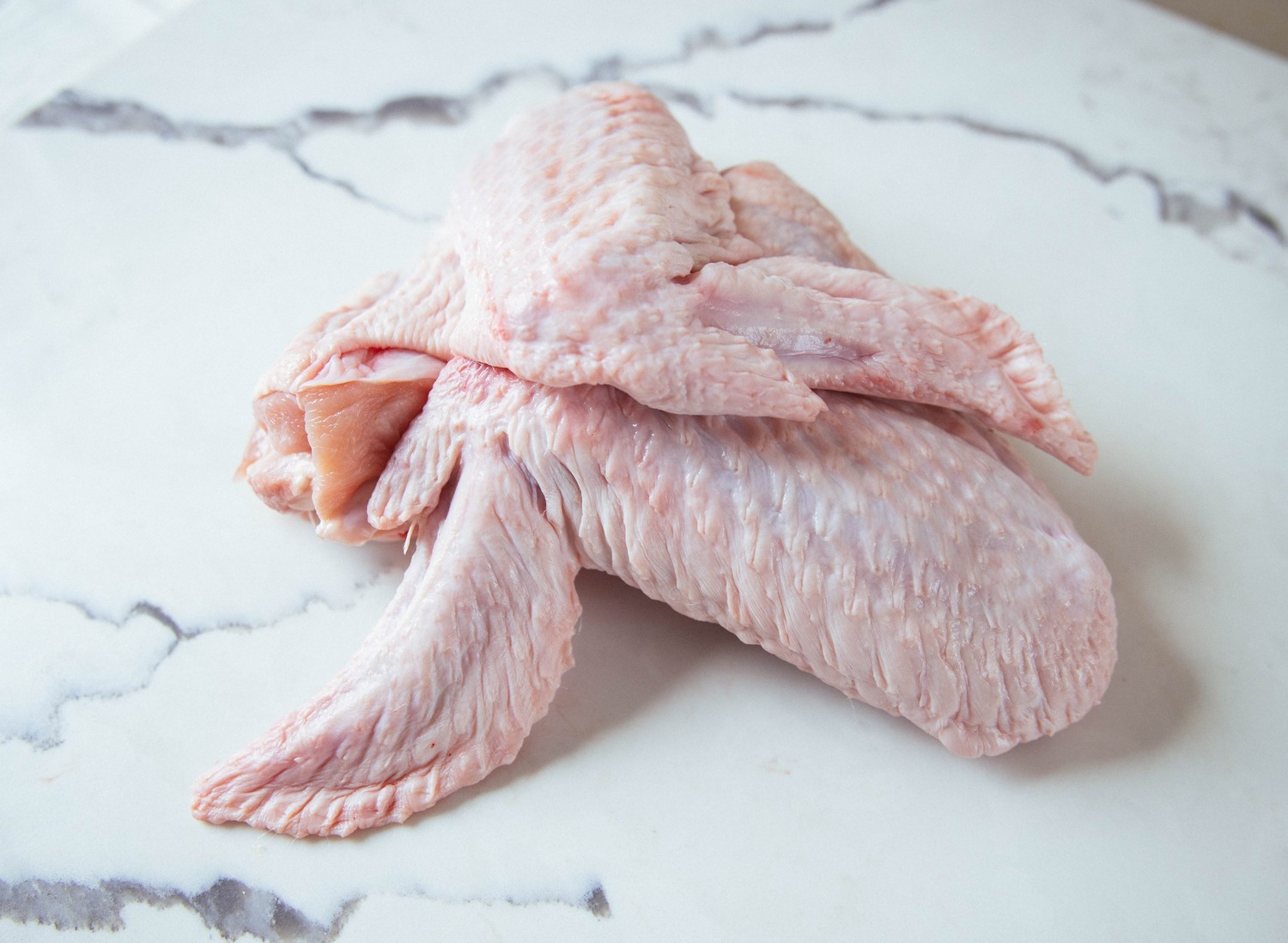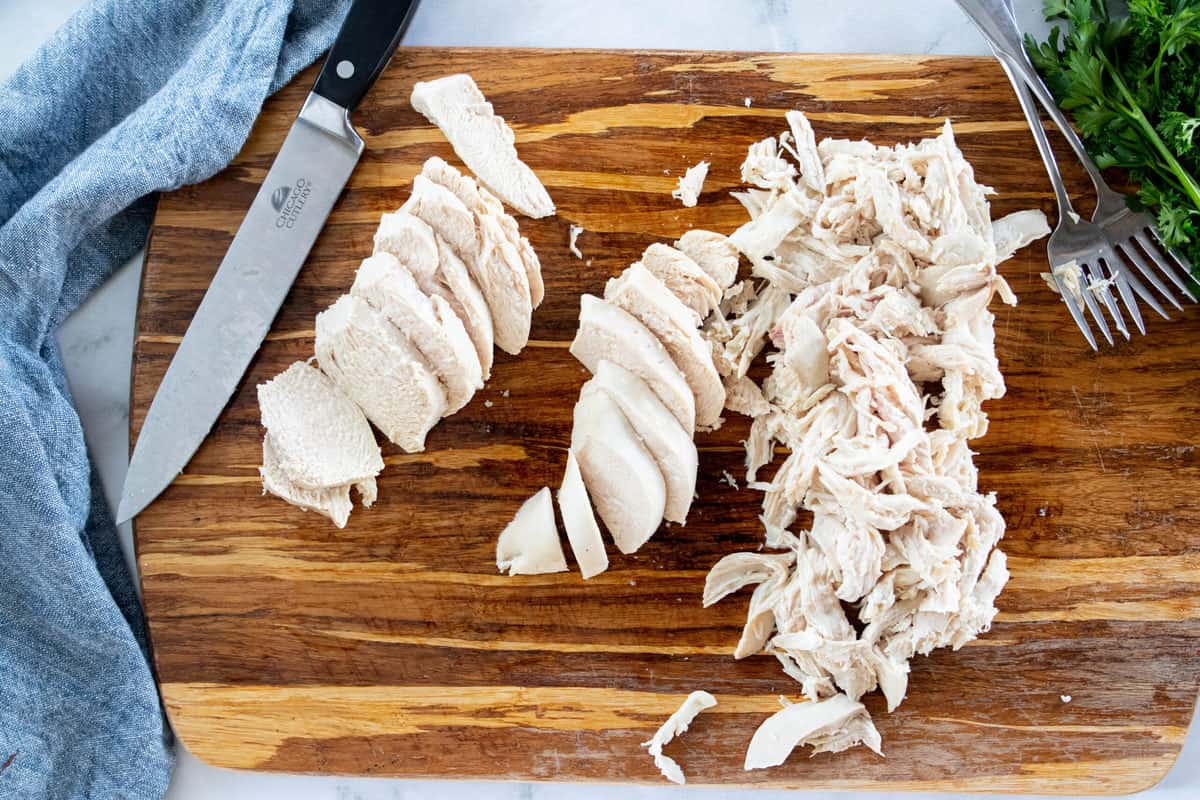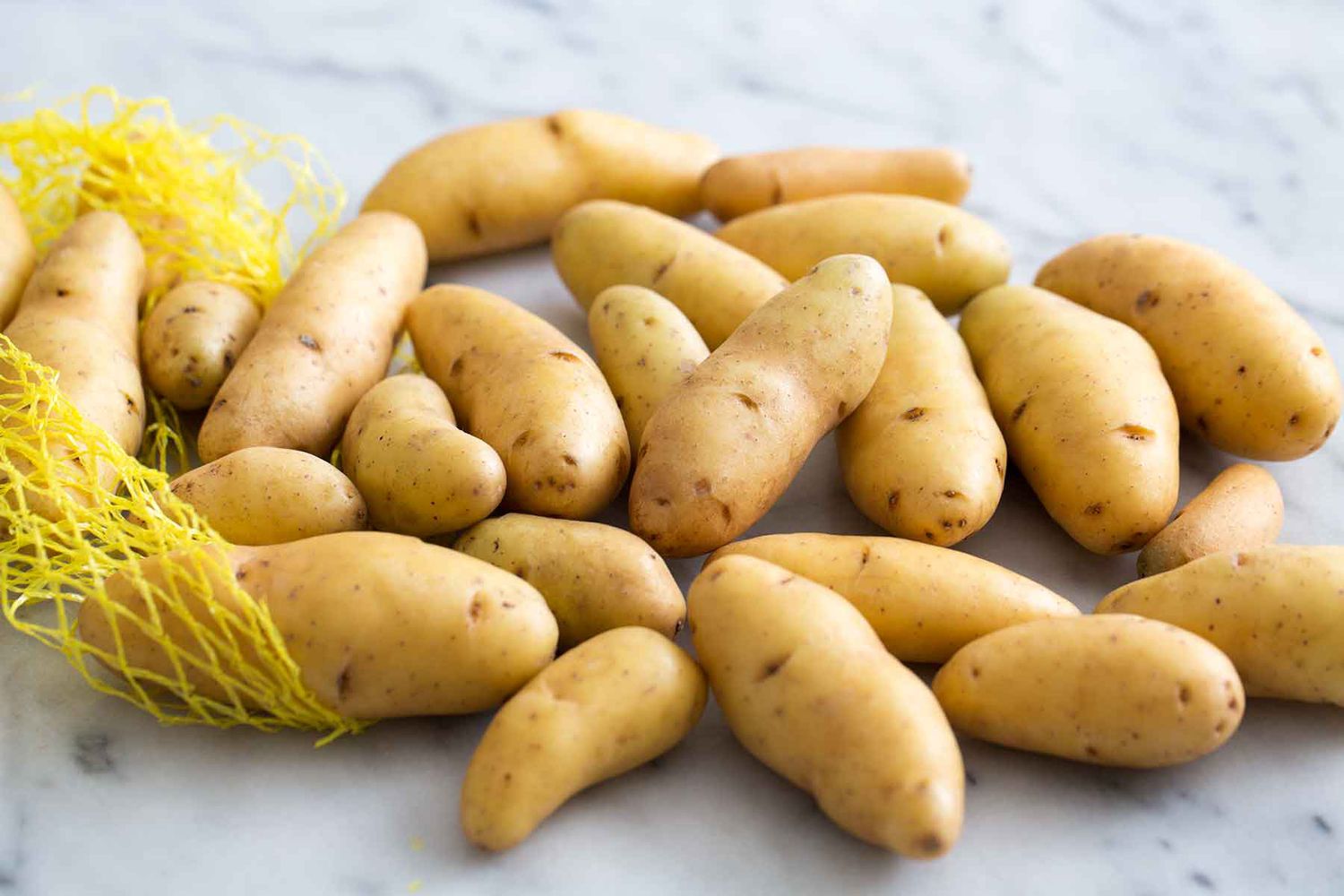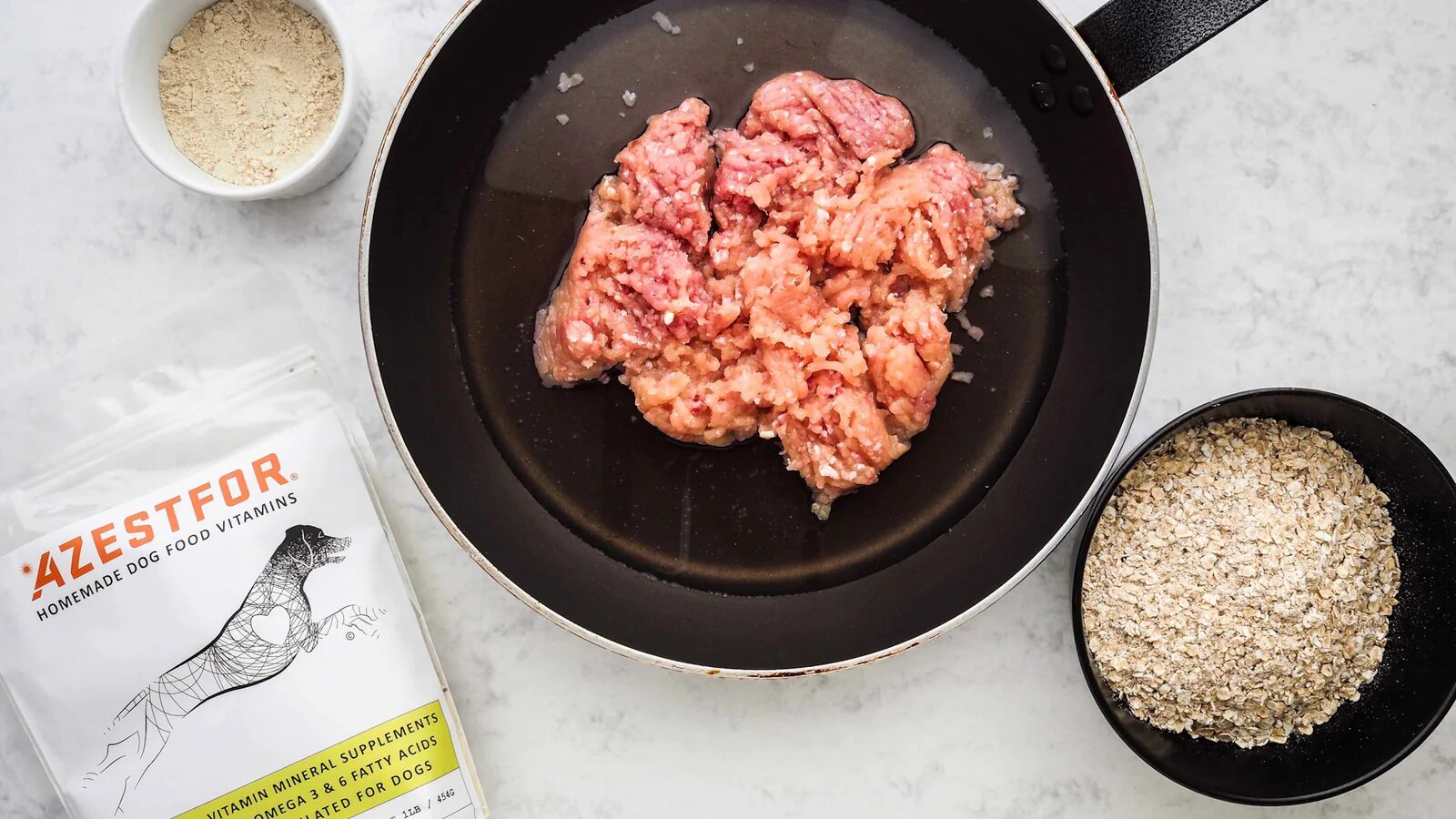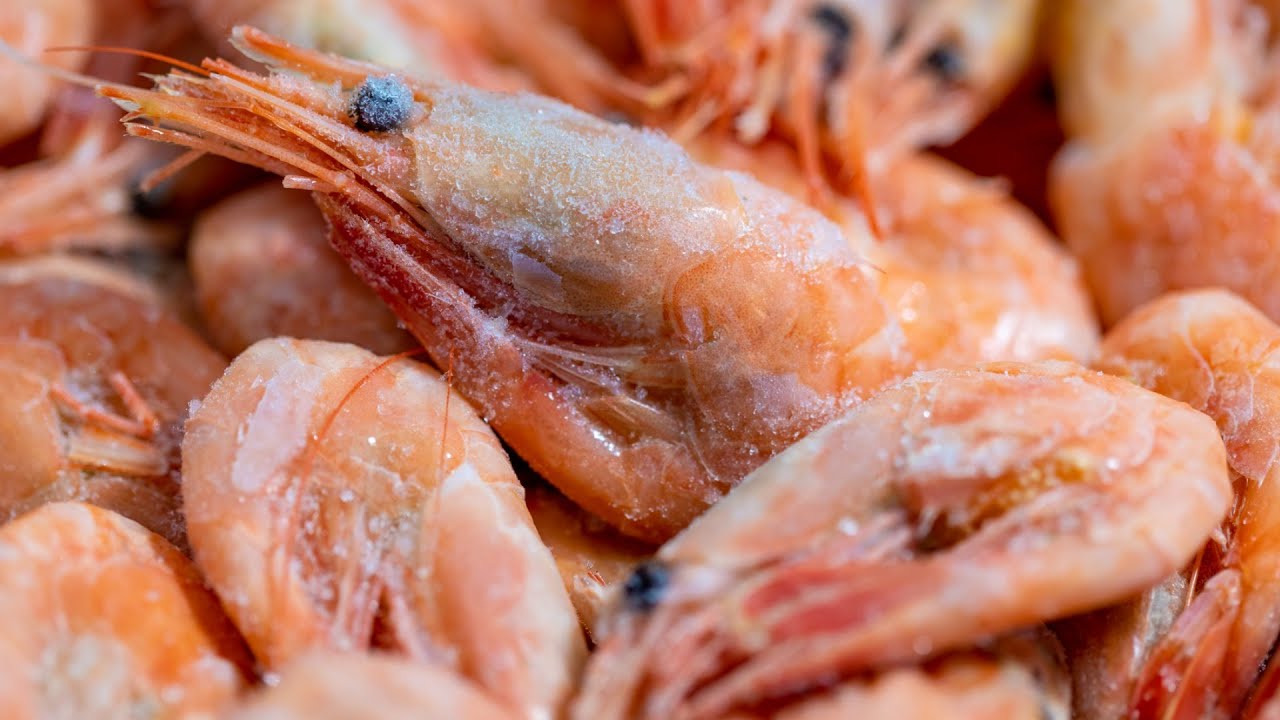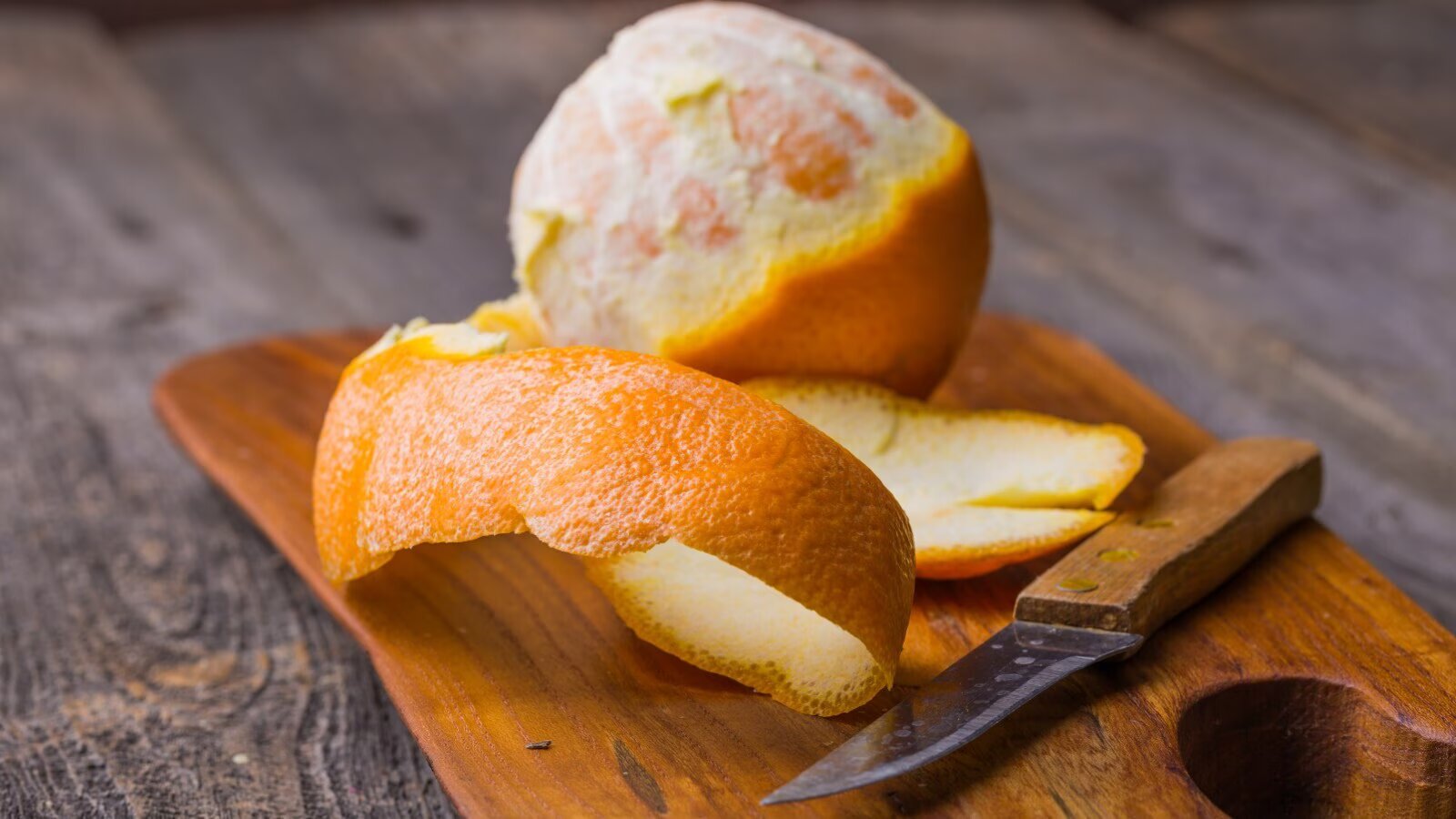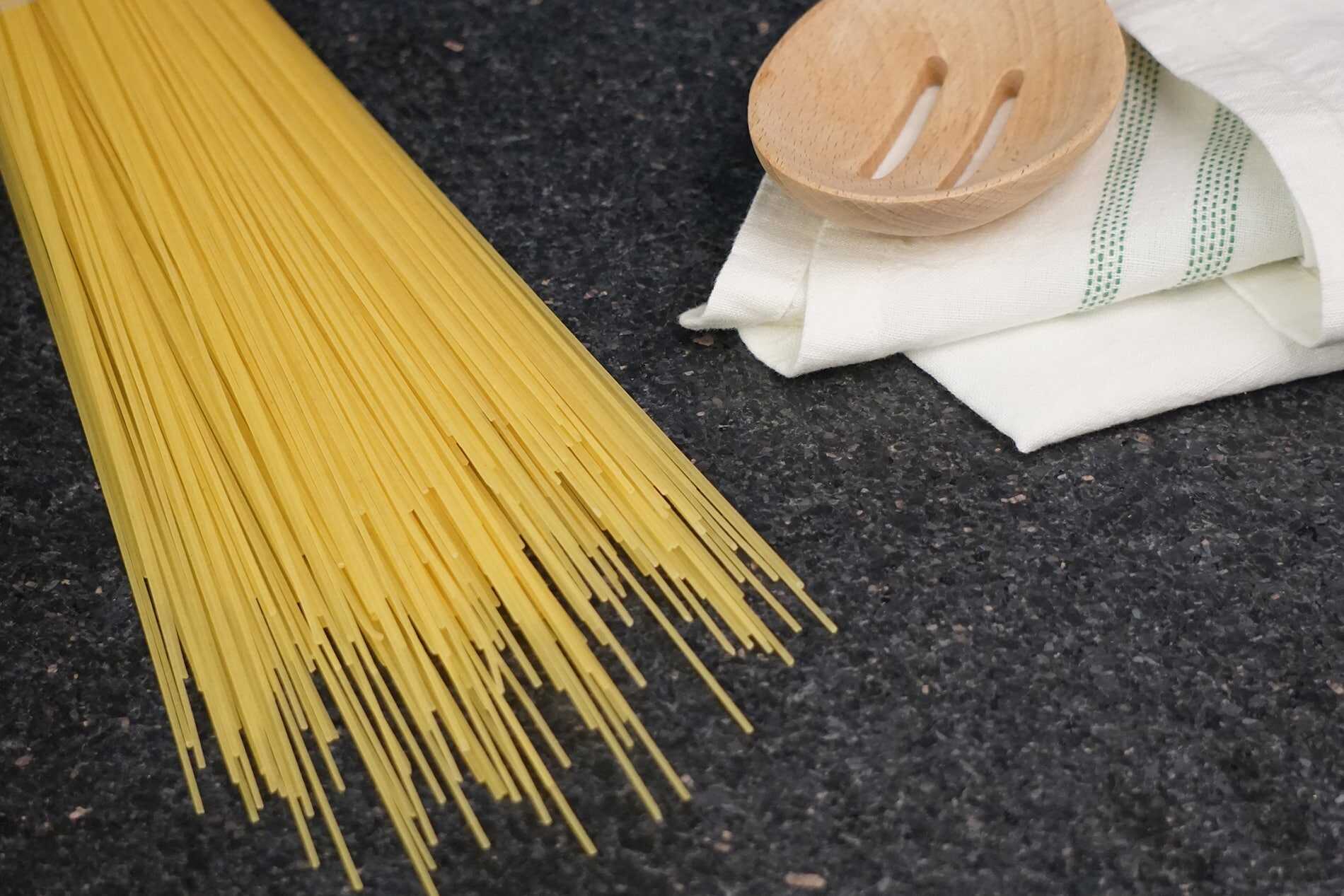How To Boil Water Without A Heat Source
Boiling water is a fundamental cooking technique that is essential in many recipes. But what if you find yourself in a situation where you don’t have access to a heat source? Whether you’re camping, facing a power outage, or simply trying to survive in the wild, there are alternative methods to boil water without the conventional means. In this article, we will explore some ingenious ways to achieve this seemingly impossible task.
1. Solar Power
One of the simplest and most eco-friendly methods of boiling water without a heat source is to utilize the power of the sun. On a sunny day, fill a clear plastic or glass container with water and place it in direct sunlight. The container acts as a greenhouse, trapping heat and gradually raising the temperature of the water. Be patient and give it some time, as this method may take a few hours to bring the water to a boil, depending on the intensity of the sun.
2. Chemical Heat Packs
If you’re looking for a faster solution, then chemical heat packs can come to your aid. These packs are easily found in outdoor or survival gear stores. Activate the heat pack by squeezing it or snapping it, following the instructions provided. Once activated, place the pack in a container filled with water, and within minutes, you’ll have boiling water ready to use.
3. Pressure Bottle
Did you know that you can create a steam-powered pressure bottle that can boil water without a heat source? Find a metal container with a tight-fitting lid or cork that can withstand high pressure. Fill it partially with water, leaving some space for steam to build up. Place the container on a protected surface, and then heat up rocks or coals in a fire. Carefully transfer the hot rocks or coals into the container using a pair of tongs. The heat will produce steam, which in turn will boil the water inside the container.
4. Chemical Reaction
Another unconventional method to boil water without a heat source is by using a chemical reaction. This method is often used by the military or outdoor enthusiasts. Create a small fire using dry materials like twigs or leaves, and then find a container suitable for holding water. Add a packet of water-activated heat generation chemicals to the container, following the instructions provided. The chemical reaction will generate enough heat to boil the water, providing a quick and efficient solution.
5. Black Absorption Method
Utilizing the principle of heat absorption, the black absorption method is an effective way to boil water without a traditional heat source. Find a dark-colored container, such as a metal pot or black plastic bag. Fill the container with water and place it in direct sunlight or near a reflective surface, like a mirror or aluminum foil. The dark color will absorb the sun’s rays, converting them into heat and eventually bringing the water to a boil.
So, the next time you find yourself without a heat source but in need of boiled water, remember these alternative methods. From harnessing the power of the sun to utilizing chemical reactions, there are various ways to achieve this essential cooking technique. Stay resourceful and adaptable, and you’ll never find yourself without a hot cup of tea or a well-cooked meal, no matter the circumstances!
Was this page helpful?
Read Next: How To Boil Lobster Claws
